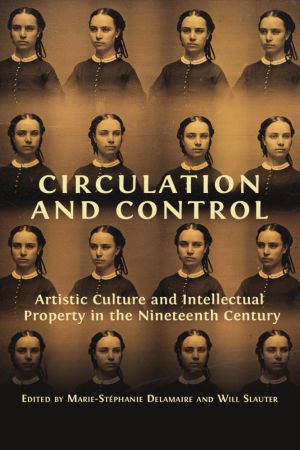
The nineteenth century witnessed a series of revolutions in the production and circulation of images. From lithographs and engraved reproductions of paintings to daguerreotypes, stereoscopic views, and mass-produced sculptures, works of visual art became available in a wider range of media than ever before. But the circulation and reproduction of a...
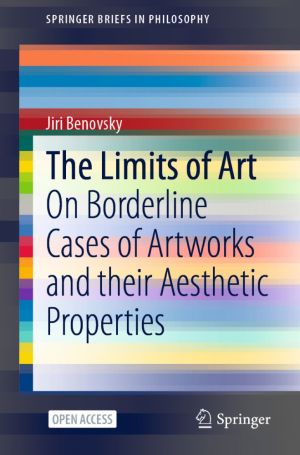
This open book is about exploring interesting borderline cases of art. It discusses the cases of gustatory and olfactory artworks (focusing on food), proprioceptive artworks (dance, martial arts, and rock climbing qua proprioceptive experiences), intellectual artworks (philosophical and scientific theories), as well as the vague limits between pain...

Offering key insights into critical debates on the construction, management and destruction of heritage in Muslim contexts, this volume considers how Islamic heritages are constructed through texts and practices which award heritage value. It examines how the monolithic representation of Islamic heritage (as a singular construct) can be enriched by...
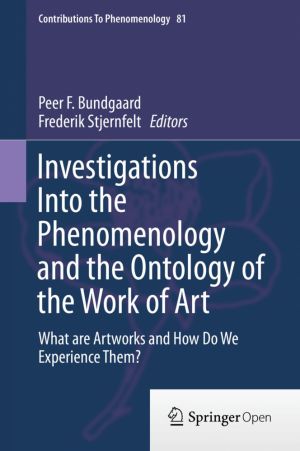
This book investigates the nature of aesthetic experience and aesthetic objects. Written by leading philosophers, psychologists, literary scholars and semioticians, the book addresses two intertwined issues. The first is related to the phenomenology of aesthetic experience: The understanding of how human beings respond to artworks, how we process l...
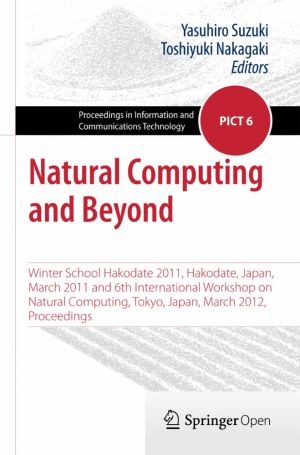
This book contains the joint proceedings of the Winter School of Hakodate (WSH) 2011 held in Hakodate, Japan, March 15–16, 2011, and the 6th International Workshop on Natural Computing (6th IWNC) held in Tokyo, Japan, March 28–30, 2012, organized by the Special Interest Group of Natural Computing (SIG-NAC), the Japanese Society for Artificial I...
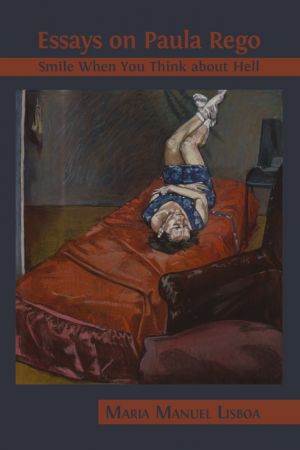
In these powerful and stylishly written essays, Maria Manuel Lisboa dissects the work of Paula Rego, the Portuguese-born artist considered one of the greatest artists of modern times. Focusing primarily on Rego's work since the 1980s, Lisboa explores the complex relationships between violence and nurturing, power and impotence, politics and th...
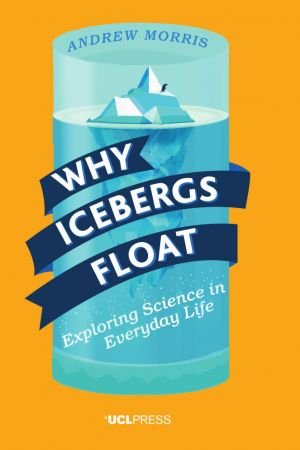
From paintings and food to illness and icebergs, science is happening everywhere. Rather than follow the path of a syllabus or textbook, Andrew Morris takes examples from the science we see every day and uses them as entry points to explain a number of fundamental scientific concepts - from understanding colour to the nature of hormones - in ways t...
